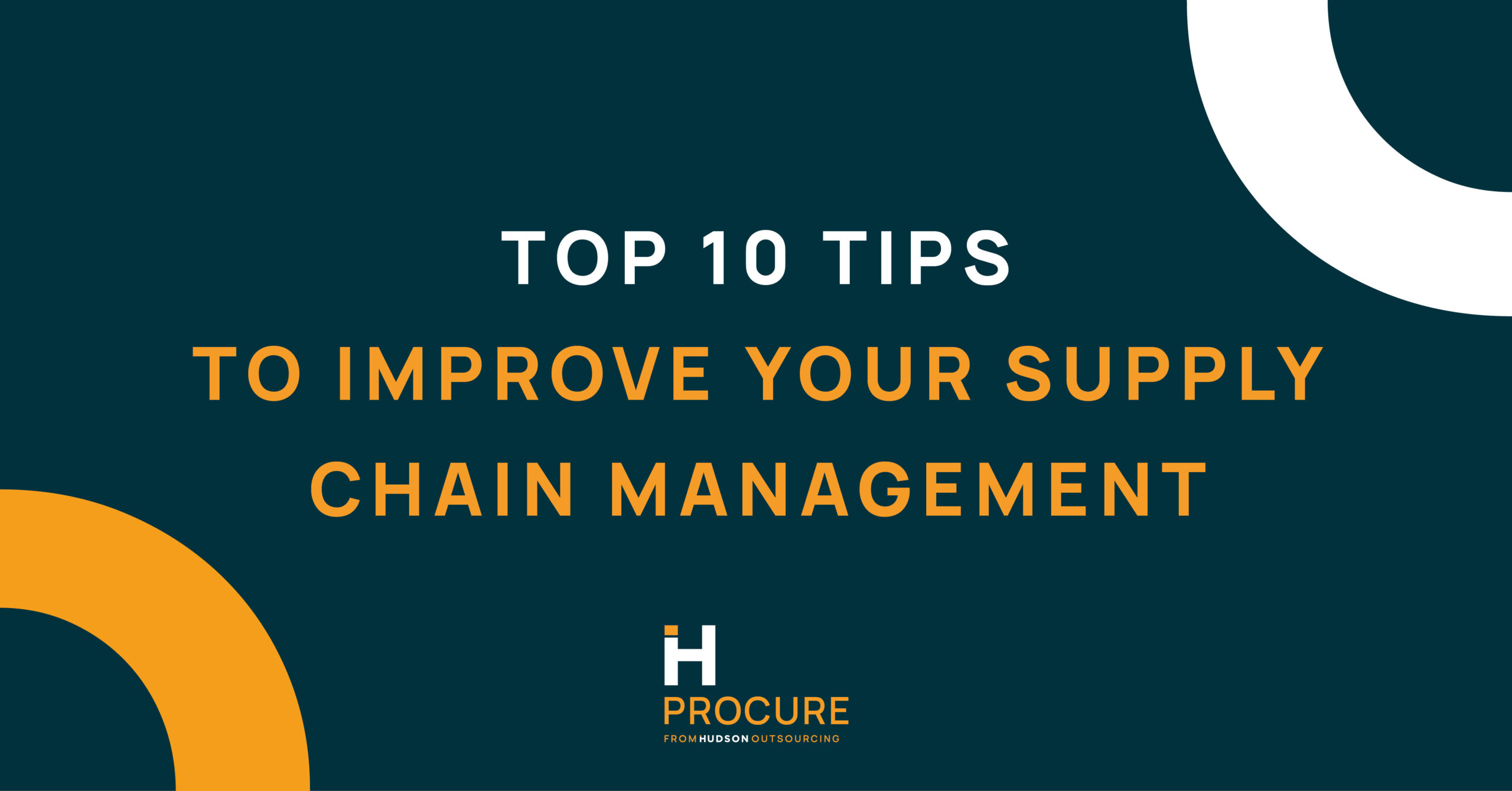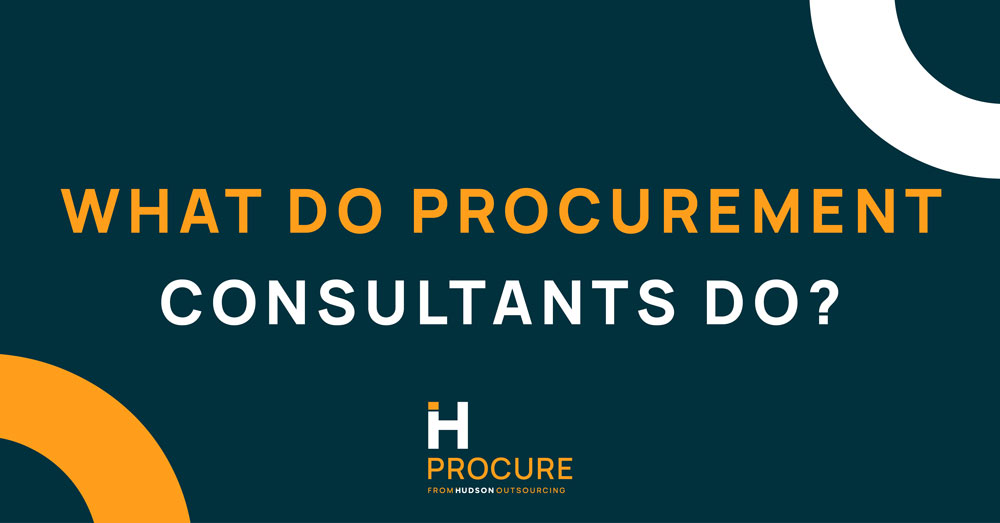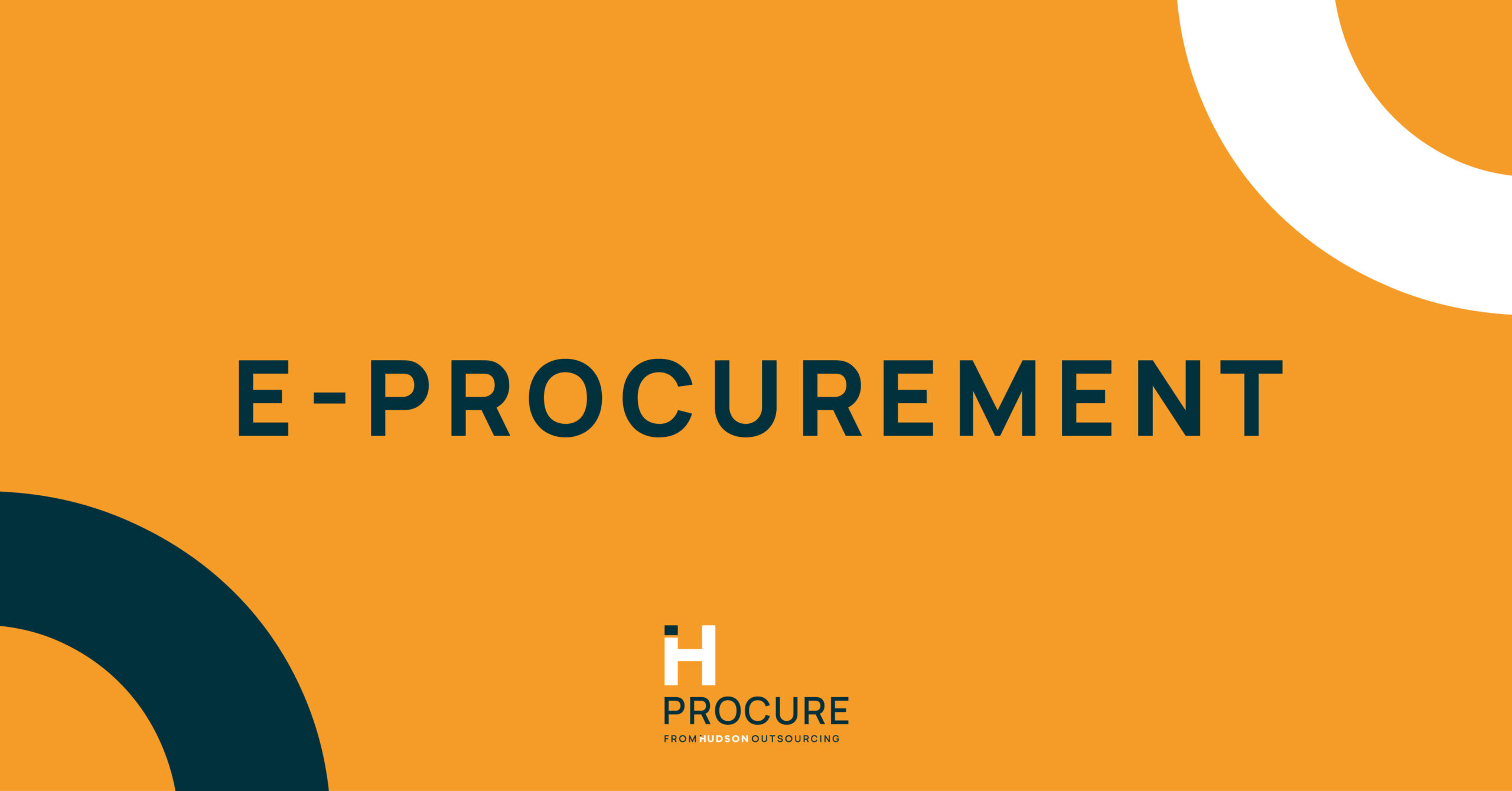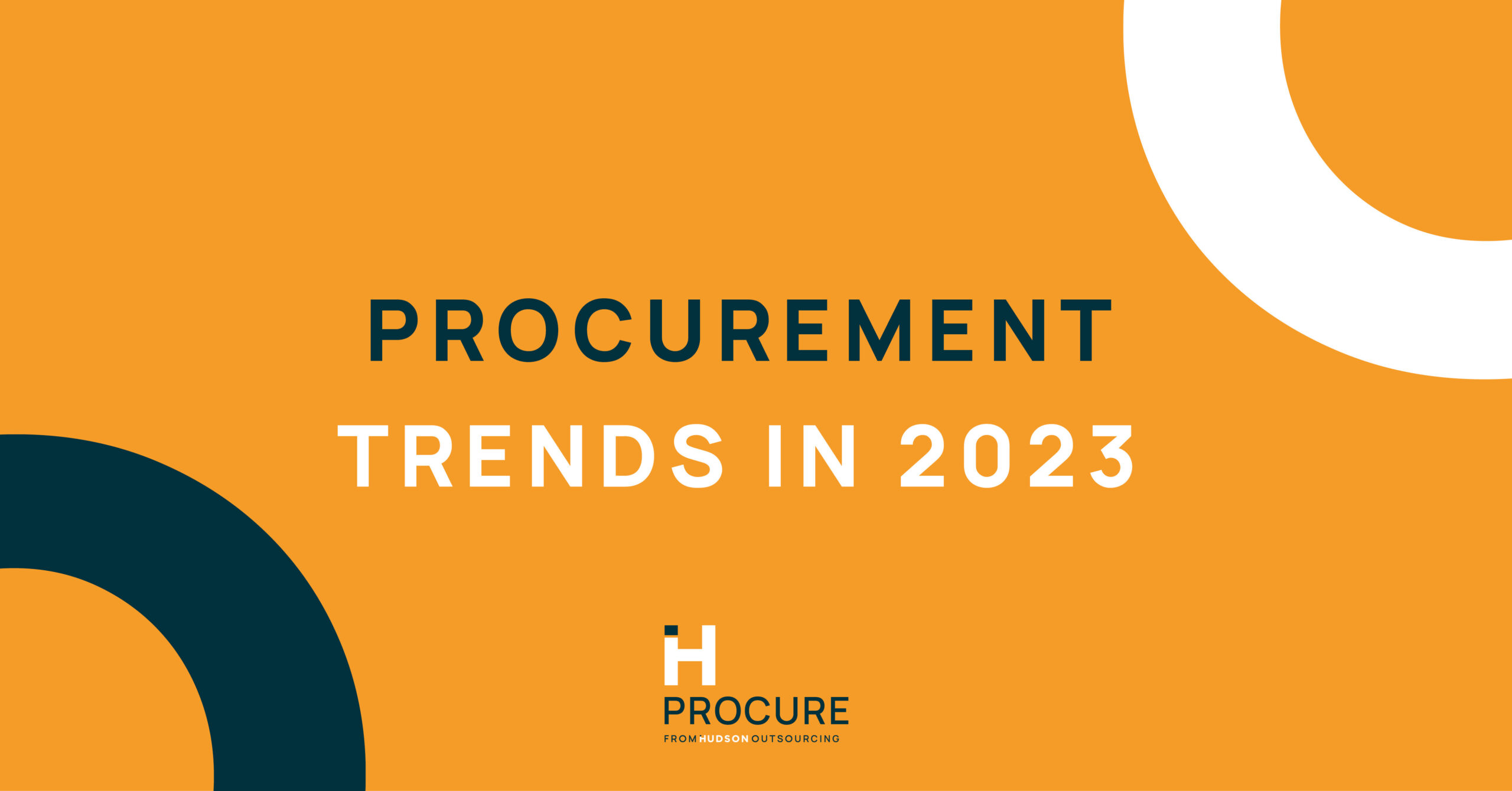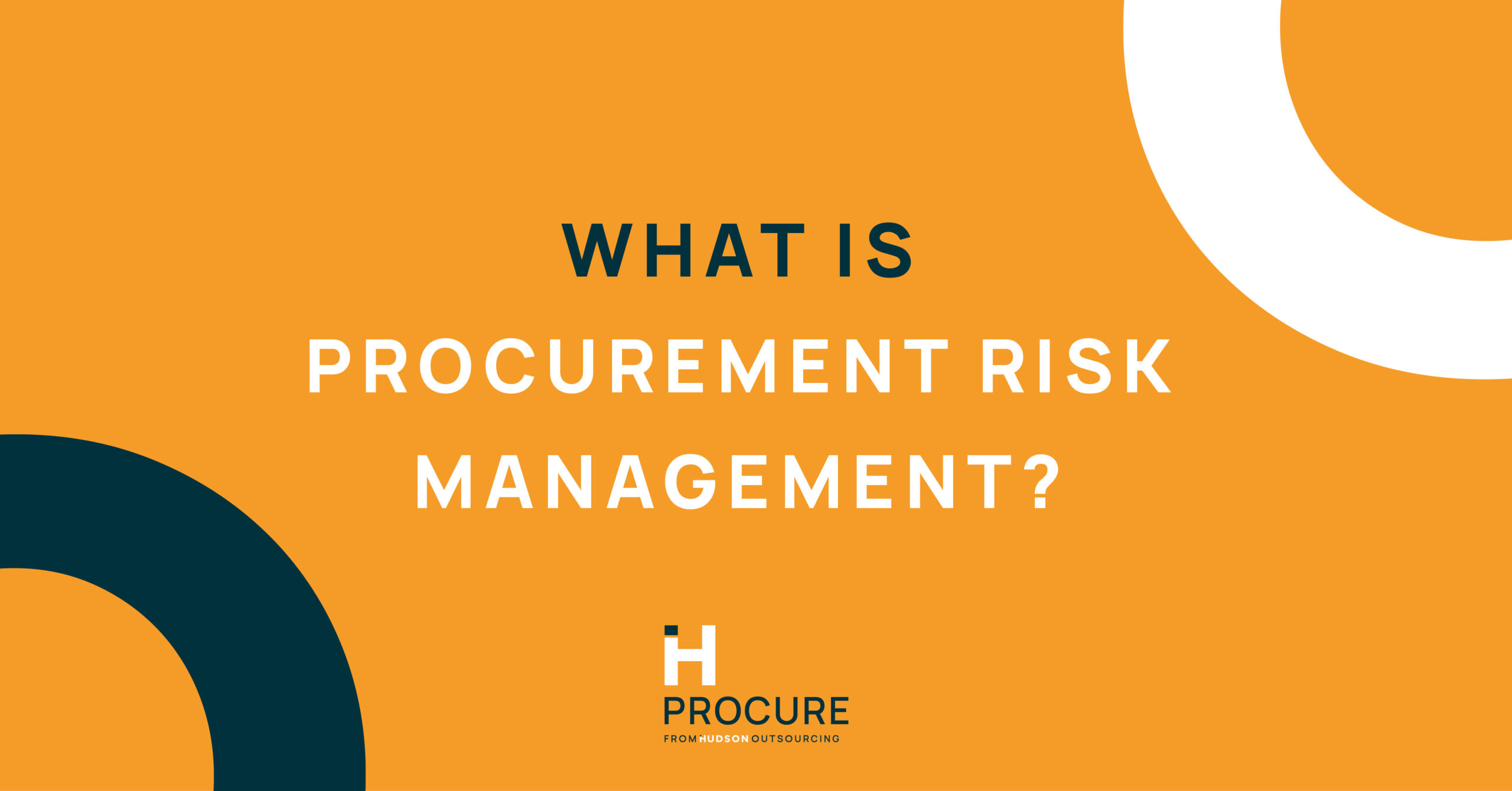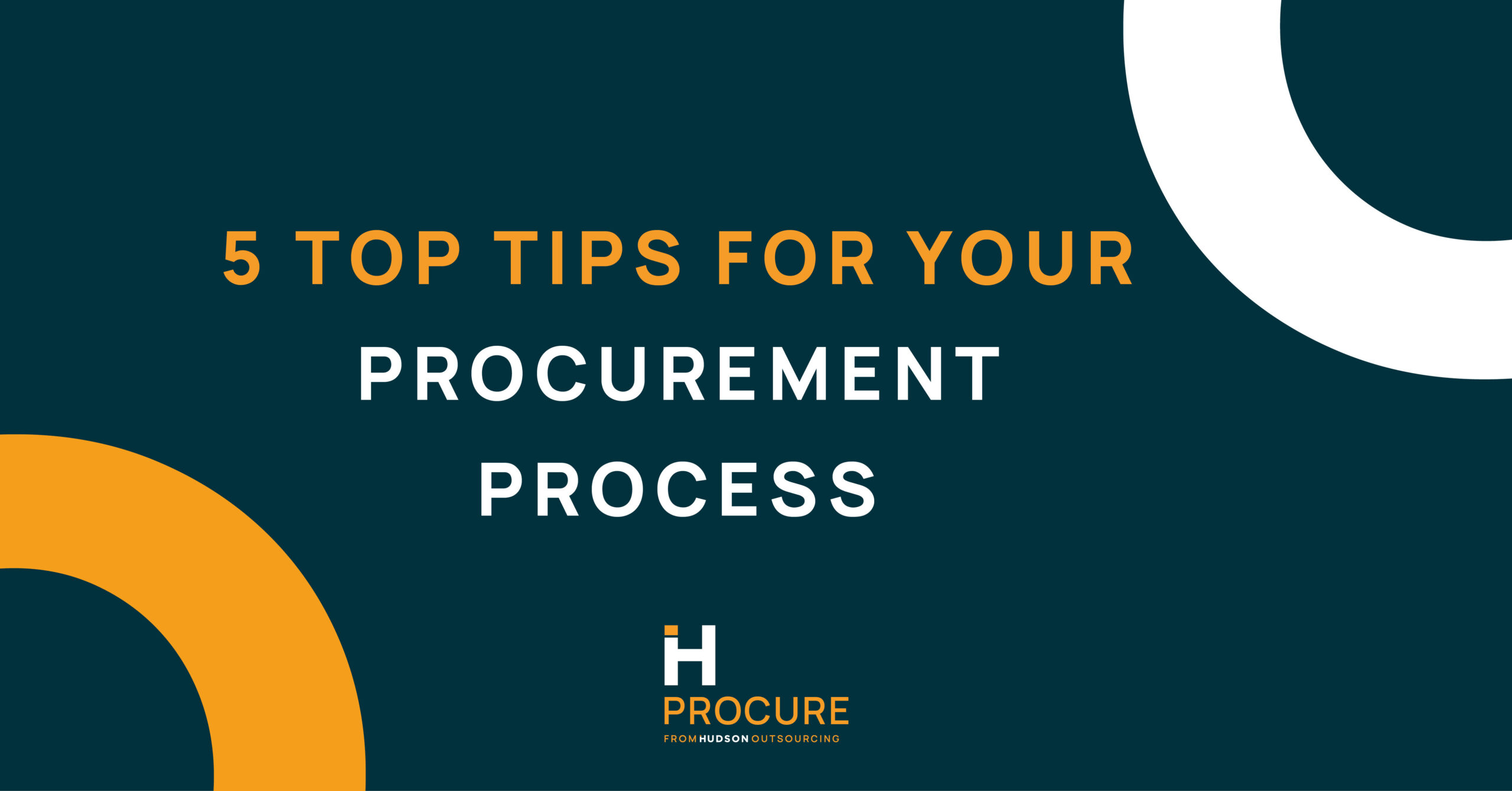5 Rights of Procurement
What are the 5 rights of procurement?
1. Right Timing: Ensuring that the procurement process is initiated and completed in a timely manner:
- Establish and document clear objectives and timelines for the procurement process.
- Develop a timeline for each procurement process step and ensure everyone involved is aware of and adheres to it.
- Develop a system to monitor and track progress throughout the procurement process.
- Establish a process to identify and address any potential delays as soon as possible.
- Make sure all necessary documents are collected and filed in a timely manner.
- Monitor performance throughout the procurement process and take corrective action as needed.
- Ensure that any changes to the process are documented and approved by all parties.
- Maintain open communication with all parties involved in the procurement process.
- Implement a system to review and evaluate the success of the procurement process.
- Utilize technology to streamline the procurement process, where appropriate.
2. Right Resources: Ensuring that the right resources are available to complete the procurement process efficiently and effectively:
- Establish clear objectives and metrics for success
- Assign a dedicated team with relevant expertise
- Establish a procurement timeline and budget
- Analyse the cost of goods and services
- Develop an effective sourcing strategy
- Utilize existing vendor relationships
- Evaluate prospective vendors thoroughly
- Negotiate rates and terms
- Prepare the purchase order and other documentation
- Review and approve the purchase order
- Monitor vendor performance and track delivery
- Manage the payment process
- Perform regular reviews of the entire procurement process
3. Right Price: Ensuring that the cost of the goods or services procured is both reasonable and competitive:
Ensuring that the cost of goods or services procured is reasonable and competitive requires a thorough review of the market, including the pricing for similar items, to ensure that you are getting the best value for your money.
This includes researching the availability of alternative suppliers, evaluating their pricing and terms, and negotiating with suppliers to get the best possible price. Additionally, it is important to consider any additional costs associated with the goods or services, such as shipping, installation, and taxes. Finally, it is important to assess the quality of the goods or services to ensure they meet the needs of the organization.
4. Right Quality: Ensuring that the goods and services procured meet the stated quality standards:
- Monitoring the performance of suppliers and taking corrective action when necessary.
- Identifying areas for cost savings and negotiating with suppliers to get the best value for money.
- Developing and maintaining relationships with suppliers.
- Managing the tender process and ensuring that contracts are legally compliant.
- Maintaining an up-to-date knowledge of the external market and understanding trends.
- Analysing data to make procurement decisions.
- Ensuring compliance with procurement regulations and policies.
- Managing risk and mitigating any potential issues.
- Creating reports and presenting them to senior management.
5. Right Delivery: Ensuring that the goods and services are delivered on time and in accordance with the specified requirements:
- Communicating with suppliers to ensure that they are meeting expectations and requirements.
- Monitoring the quality of goods and services delivered by suppliers and ensuring that they meet the necessary standards.
- Negotiating contracts and prices with suppliers and ensuring that the terms of the agreement are favourable.
- Managing the inventory levels of goods and services and ensuring that there is sufficient stock to meet customer demand.
- Keeping up to date with industry developments and trends and ensuring that suppliers are aware of any changes.
- Ensuring that suppliers are compliant with all relevant legislation, regulations and codes of practice.
- Providing feedback to suppliers regarding performance and quality issues. Identifying new suppliers to ensure choice and cost savings.
- Resolving any disputes that may arise between the organisation and suppliers.
Why were the 5 rights of procurement developed?
The 5 Rights of Procurement were developed to promote a culture of responsible procurement and ensure that organizations can get the best value for money when procuring goods and services. As mentioned above the 5 Rights of Procurement include the:
- Right Product
- Right Price
- Right Place
- Right Time
- Right Quantity
These rights provide an effective framework for organizations to ensure that their procurement processes are efficient, effective, and transparent.
Our services
Procure Consult
With Procure Consult, we offer support with tender management and ad-hoc procurement consultancy. Our expert team will manage the end-to-end procurement process or offer assistance at any stage, as and when required.
Procure Health Check
With Procure Health Check, we’ll conduct a full review of the strategic and operational procurement processes within your organisation. We’ll identify the areas that need improvement and help you drive greater value from the procurement process.
Procure Analyse
The purpose of Procure Analyse is to conduct a high-level analysis of your spending activity. We’ll help you understand your current purchasing behaviour and highlight areas that can deliver greater value. Procure Analyse is also offered as part of Procure Health Check or as a standalone service.
Procure Outsourcing
With Procure Outsourcing, we deliver a range of procurement solutions on an outsourced basis, completely bespoke to you. This can range from delivering multiple tender projects as a package to delivering the full procurement function of your organisation.
Procure Post
Are you trying to find a supplier for your project? Post your tendering opportunity onto any of our 11 sector-specific portals for FREE with Procure Post!
Housed by our sister company, Hudson Discover, our portals host thousands of tendering opportunities for organisations of all sizes. For an additional cost, we’ll even help you identify your requirements and find the most suitable suppliers for your business.
Get in touch for a consultation and find out how we can help your business drive better value from procurement.


